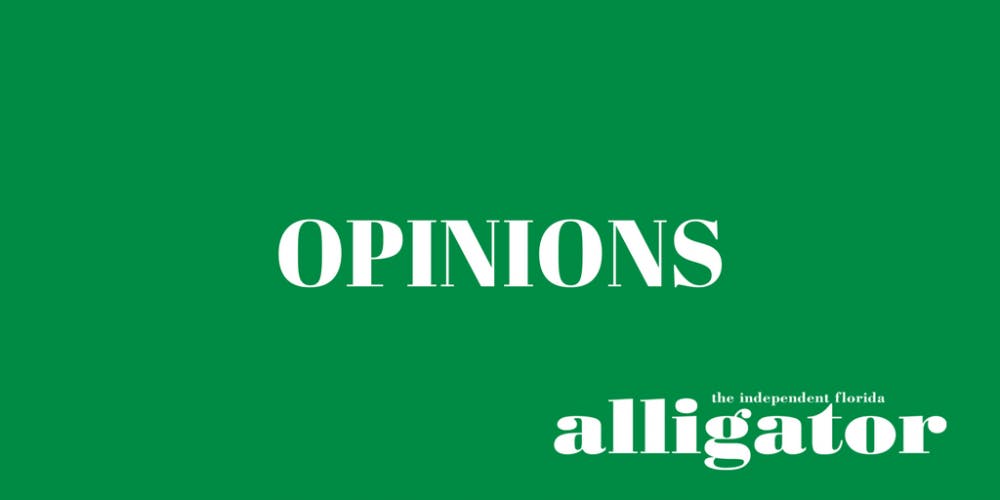At UF, the month of April is more than just the last month of the Spring semester. April is Pride Awareness Month (PAM). Throughout the month, about 20 events address issues faced by the LGBTQ+ community and celebrate its culture. The events are not limited to members of the community — anyone can come to celebrate or learn more.
Just like the rest of the human population, the LGBTQ+ community faces mental health conditions. However, this community is subject to prejudice and other biases. We all have it hard enough in this world without being mistreated or looked down upon simply for who we are. According to the National Alliance on Mental Illness, LGBTQ+ individuals are nearly three times more likely than others to experience a mental health condition such as depression or anxiety.
Their fear of coming out and being discriminated against for their sexual orientation or gender identity can lead to post-traumatic stress disorder, substance abuse and suicidal thoughts. LGBTQ+ people are forced to confront bias on two fronts: their sexual orientation or gender identity and mental health conditions. Often, they may hide both for fear of ridicule or rejection. Sometimes, they will talk about one or the other.
LGBTQ+ youth are four times more likely to attempt suicide, experience suicidal thoughts or engage in self-harm than straight people. Between 38 and 65 percent of transgender individuals experience suicidal ideation.
This, to me, is heartbreaking. We live in a world where people are afraid to be who they are and love who they want because of societal bias. We live in a world where people are afraid to tell their families about their identity because they fear their family will no longer love or accept them.
People are afraid of heights because they could fall. People are afraid of the dark because there could be something dangerous lurking within it. But people are afraid of coming out because of society. Because of us.
We need to show the world it is OK to be different and it is OK not to be OK. We need to show the world being who you are is OK. Being who you are is good. Being different is good.
We need to listen when people talk to us. I know it can be challenging to understand something you haven’t experienced, including sexuality, identity and mental health conditions. But just remember, as hard as it is for you to understand, it is so much harder to be the person fighting so hard simply to be understood.
So, what can you do? You can accept. You can love. Support one another and be part of the group that supports the LGBTQ+ community. You can be straight, cisgender and not struggle with a mental health condition and still support those who cannot claim any of those things. You don’t have to be the same as another person to be there for them. You can be different and still be an advocate.
It may be uncomfortable. People may wonder why you care or why you’re fighting for a community you are not a part of. Here’s the thing: You’re fighting for a community you are a part of: humanity. Being gay or bisexual does not make you less of a human. Being transgender does not make you less of a human. Discrimination, prejudice, violence and hatred does.
Be part of the group making the lives of those in the LGBTQ+ community easier, not harder. Be part of the group that not only says being who you are is OK, but that being who you are is good. Fight for the most basic right of the human race. Fight to let everyone be who they are.
Taylor Cavaliere is a UF journalism and psychology junior. Her column focuses on mental health.





![Photo of the missing Leachianus “Leachie” gecko. [Photo courtesy of Mike Southwick]](https://snworksceo.imgix.net/ufa/907bd92a-0b29-40eb-a5fb-d7db7cf98b2f.sized-1000x1000.jpg?w=1500&ar=16%3A9&fit=crop&crop=faces&facepad=3&auto=format)
